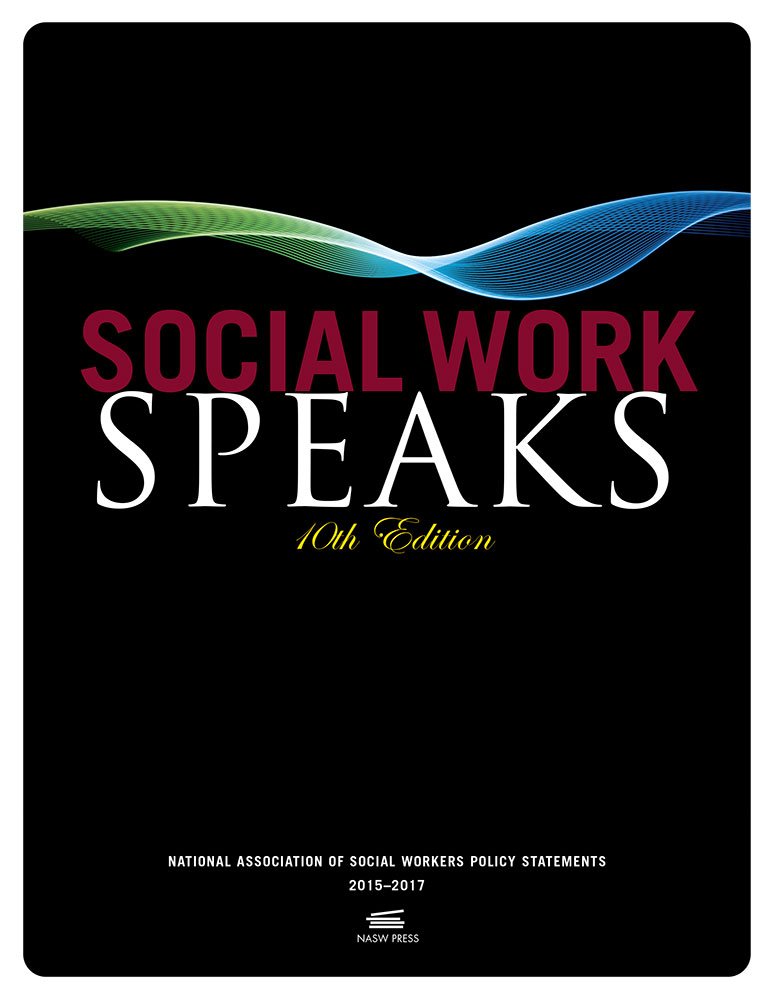More than 100 social workers participated on expert panels to revise and/or develop 25 NASW policy statements over the last two years.
These statements were recently voted on and approved by the National Association of Social Workers’ (NASW) key policymaking body, the Delegate Assembly (comprised of 277 professional social workers who represent NASW’s diverse membership). Policy topics ranged from human trafficking, transgender and gender non-conforming people to social work licensure and title protection.
NASW policy statements set the parameters for NASW’s positions on a broad range of public policy and professional issues and are featured in Social Work Speaks, a comprehensive collection of policies.
As NASW moves forward, NASW is seeking experts to actively serve on panels for the following policies (see below) that we anticipate reviewing beginning in 2017. If you have expertise in the following social work practice areas, you may be able to serve on an expert panel revising an upcoming policy Statement. Please send an email identifying the policy name, a short biography (50-100 words) and a resume to NASWpolicy@socialworkers.org by September 22.
Confidentiality and Information Utilization
Crime Victim Assistance
Family Violence
Mental Health
Hospice Care
Rural Social Work
Parental Kidnapping
Voter Participation
Adolescent and Young Adult Health
Community Development
School Violence
Foster Care and Adoption
Juvenile Justice and Delinquency Prevention
Sovereignty, Rights, and the Well-Being of Indigenous Peoples
Get more information on the recently released Social Work Speaks, 2017 eBook Update.
Get more information on Social Work Speaks, 10th edition.
To make suggestions for the development of new policy statements and/or revision or elimination of existing policy statements visit this web page.




